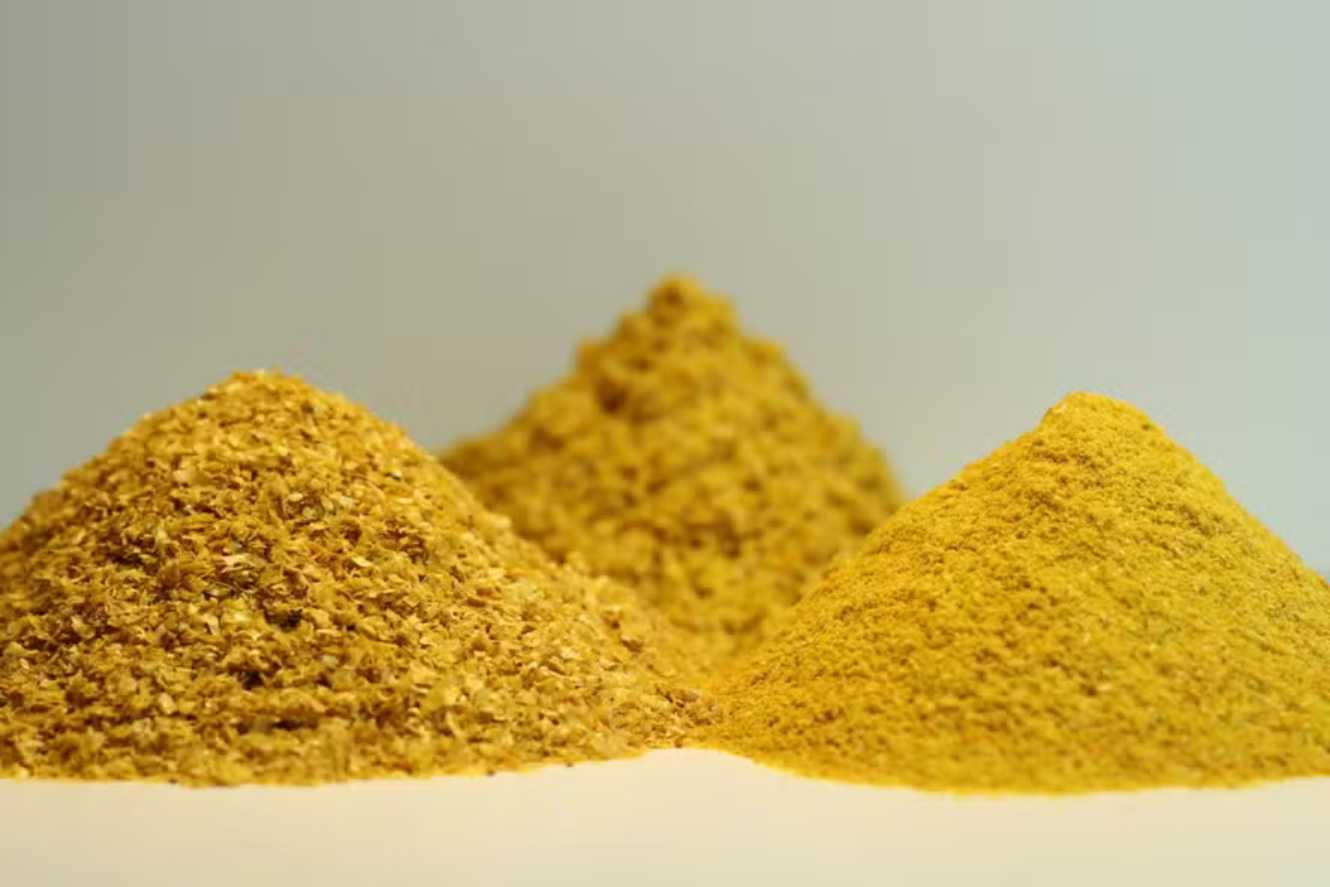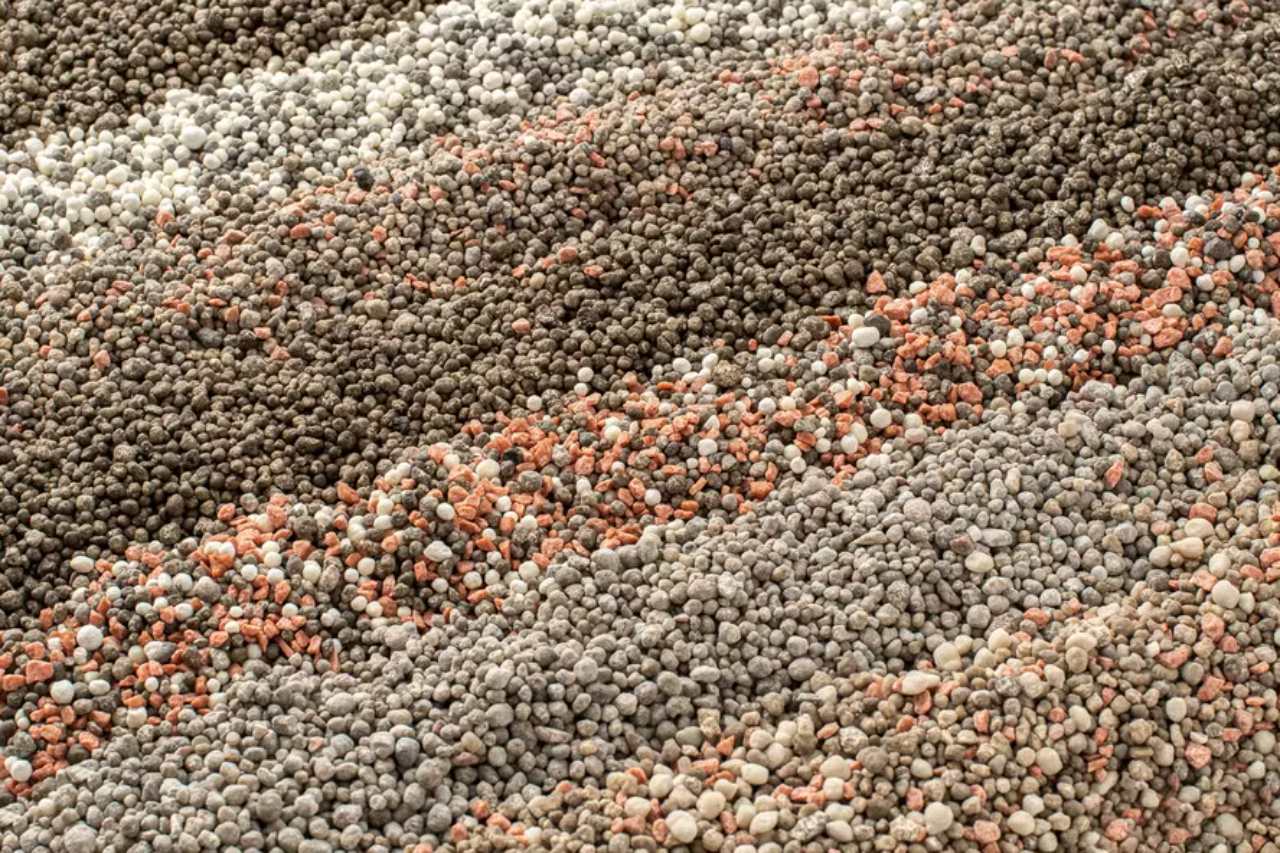Biotech startup InEdita Bio and seed company Shull Seeds have signed a research and development partnership to create corn that needs less nitrogen fertilizer, lowering both crop production costs and environmental impact.
The goal is to develop corn plants that work more efficiently with nitrogen-fixing bacteria, which can capture atmospheric nitrogen. This would reduce the fertilizer need by at least 50%, a significant saving as fertilizers currently make up around 20% of production costs.
The new trait aims to function similarly to Rhizobium bacterial inoculants, widely used in soybean cultivation since the 2000s. Using InEdita’s “Trait by Design” technology, these hybrid corn varieties are expected to reach the market within three to four years, offering a significant advancement in crop efficiency.
InEdita’s CEO, Paulo Arruda, explained that over the past 30 years, seed technology has progressed primarily through genetic modification, with over 90% of Brazilian soy and corn crops now using genetically enhanced seeds. However, Arruda pointed out that public perception of genetically modified organisms (GMOs) is often negative, and regulatory costs for transgenic crops are high. In contrast, biotechnology regulation costs are under 5%, making genetic editing more accessible, especially for smaller companies.
“The past decade has seen a biotechnology revolution across fields of knowledge. Genome editing allows plants to acquire beneficial traits with minor genome modifications, without introducing new genes, making the costs affordable for small companies. This shift has fueled a global boom in biotech startups,” said Arruda.
He emphasized that the biggest challenge in agriculture is producing food for a growing population with fewer chemical fertilizers and pesticides to maintain sustainability and minimize environmental damage. Nitrogen fertilizer, for example, is not only costly but also produces nitrous oxide in soil—a potent greenhouse gas with a greater impact than CO2. “Our partnership aims to develop a plant that reduces costs for farmers and helps lower greenhouse gas emissions,” he added.
Despite the challenges, Arruda expressed confidence in his team’s ability to work with commercial strains, such as those from Shull, to expedite the process, as seed companies routinely conduct field tests.
“This project is certainly high-risk given its disruptive nature, and in Brazil, there’s often a reluctance toward risk, but without risk, there’s no reward,” said Arruda. He noted that if successful, this innovation could position Brazil as a major player in genomic research.
Shull will fund part of the research costs, provide seed lines for editing, and conduct tests both in controlled environments and in the field.
Arruda noted that these developments could eventually extend to other crops and markets worldwide.
The contract with Shull is non-exclusive, and InEdita has also recently partnered with Helix, Brazil’s largest corn seed company, although the details of that partnership remain confidential.
Paulo Pinheiro, agronomist and CEO of Shull, did not disclose the exact investment amount but shared that the six-year-old company allocates about R$35 million to R$40 million for annual research. “It’s time Brazil produces impactful corn technology,” Pinheiro said, calling the research a “revolution” for both Shull and corn farming. He acknowledged that despite the uncertainty, Shull is committed to advancing technology for use in Brazil and potentially beyond.
The potential savings for corn producers, who currently spend around R$3,000 per hectare on nitrogen fertilizers, and the environmental benefits were also highlighted by Pinheiro.
About the Companies
Founded in 2021, InEdita Bio has innovated within the deep tech biotechnology sector, building proprietary platforms that combine bioinformatics, genome editing, AI, and machine learning. This allows the startup, which focuses on soybean and corn, to develop crops better adapted to climate constraints, more efficient in nutrient and water use, and more resistant to pests and diseases.
In three years, InEdita raised around $1.5 million from Vesper Ventures and Ecoa Capital. Their lab is based in Florianópolis, sharing space with Vesper Ventures to facilitate collaboration between tech-driven investment and science.
Shull, founded in 2016 and headquartered in Ribeirão Preto, São Paulo, has three research stations. Established by former Dow Agroscience executives, the company offers six corn and four sorghum hybrids, targeting the Mato Grosso, Mato Grosso do Sul, and Goiás markets. Within two years, Shull plans to introduce a new corn program tailored for southern Brazil, with ongoing development at a Paraná research station.





